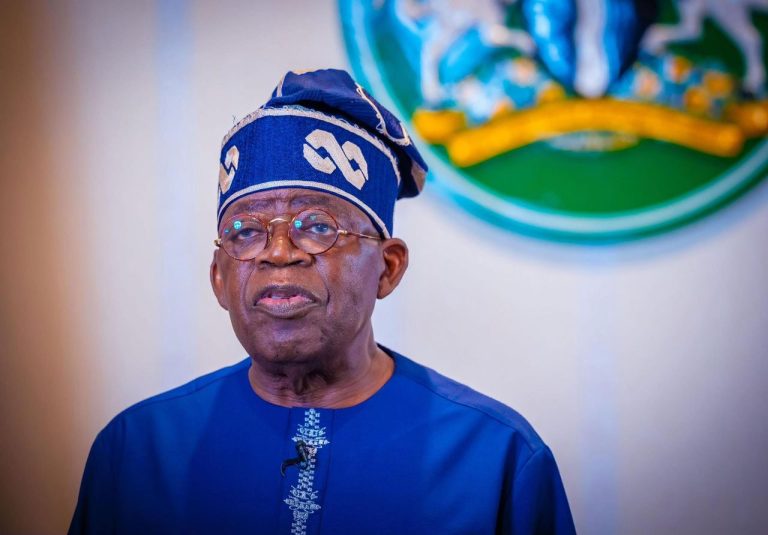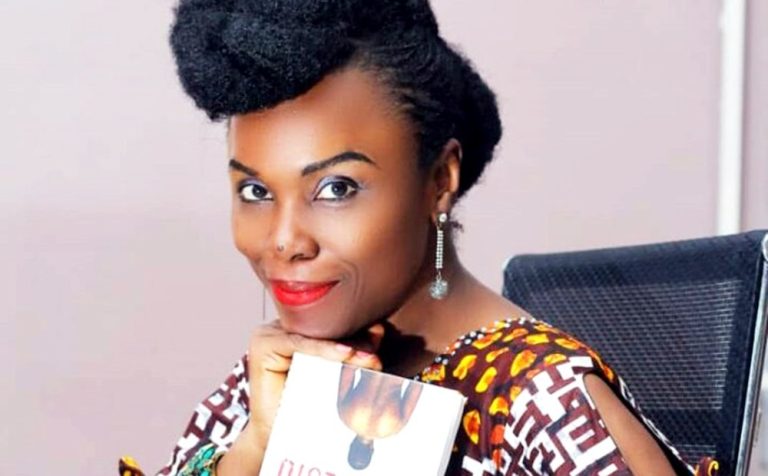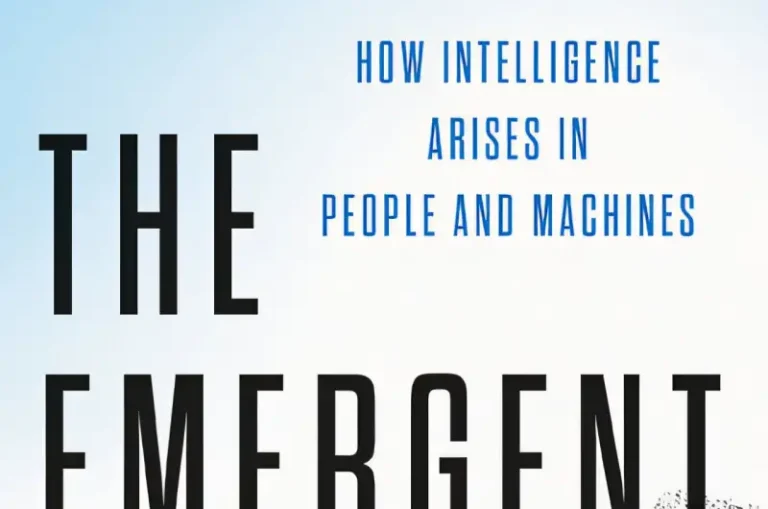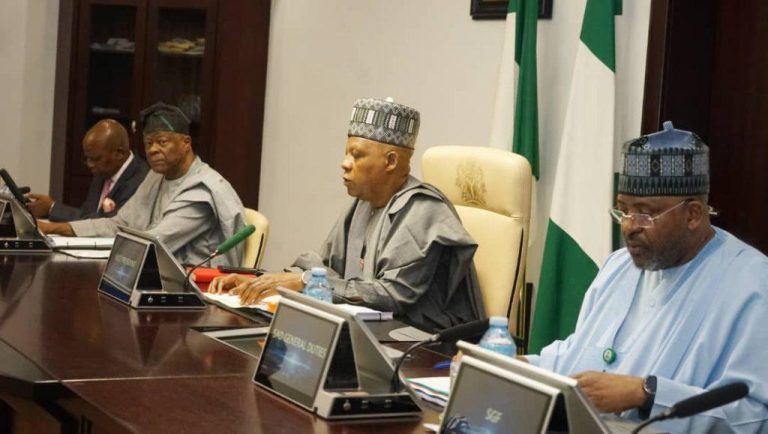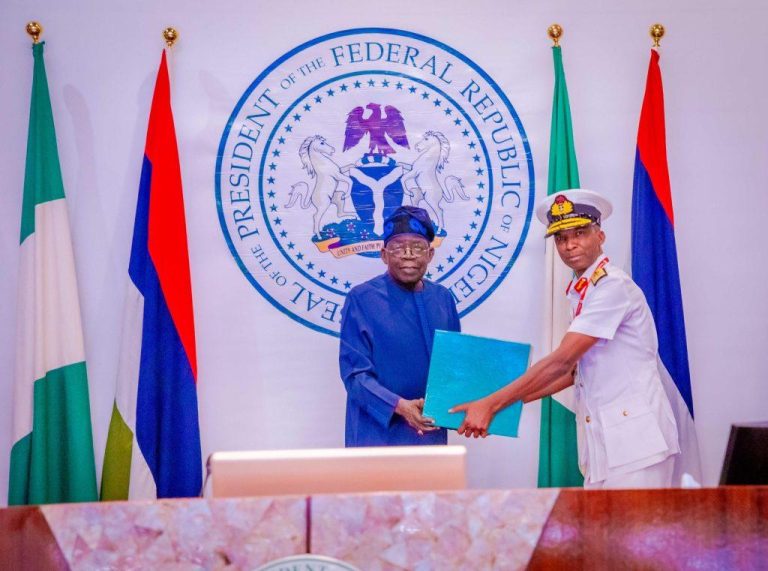Members of the Nigerian media have pledged strong support for electoral reforms ahead of the 2027 general elections.
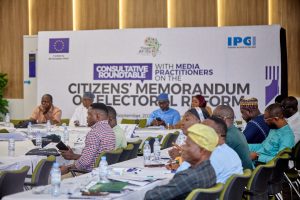
This commitment was made at a one-day consultative round table with media practitioners on “Citizens’ Memorandum on Electoral Reform”, held in Abuja. The event was organised by the European Union, Yiaga Africa and the International Press Centre (IPC) under the European Support to Democratic Governance in Nigeria (EU-SDGN) programme.
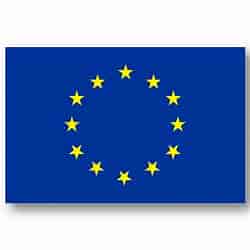
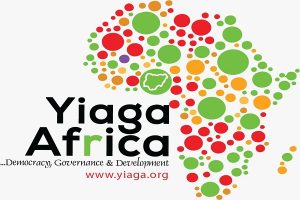
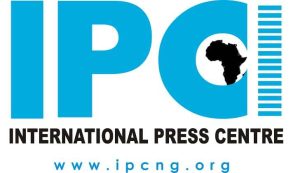
Media stakeholders resolved to strengthen their role in promoting credible elections through in-depth reportage, editorials, programme production and the creative use of infographics. Discussions centered on three thematic areas: the state of electoral integrity in Nigeria, early voting – prospects, challenges and implementation, Democracy Behind Bars: Bridging Legal and Policy Gaps for Inmate Voting in Nigeria.
Yiaga Africa presented publications on these themes and gave an overview of the Citizens’ Memorandum on Electoral Reform, highlighting priority issues. Dr Tony Onyima,
Senior Lecturer at Paul University, Akwa, and former Managing Director of The Sun newspaper, delivered a paper titled “The Role of the Media in Electoral Reform and Democratic Development – The Citizens’ Memo in Perspective.”
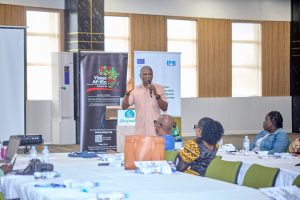
The Director of IPC, Mr. Lanre Arogundade, alongside Dr Onyima, engaged participants in discussions on setting the media agenda for proposed reforms, drawing insights from both journalists and civil society organisations (CSOs).
Electoral Integrity
Media practitioners at the roundtable underscored the need for the appointment of a new Independent National Electoral Commission (INEC) Chairman with unquestionable integrity.
Yiaga Africa and IPC also urged the National Assembly to legislate early voting as part of the electoral reform process. According to them, early voting would enfranchise journalists, security personnel, National Youth Service Corps (NYSC) members and others often unable to vote on election day. Nigerians in the diaspora would also benefit.
Cynthia Mbamalu, Director at Yiaga Africa, described early voting as “a landmark reform” that would enhance transparency, inclusivity and rebuild citizens’ trust in the electoral process.
She noted that Nigeria has never implemented early voting despite its potential benefits. Mr. Arogundade of IPC further lamented that thousands of accredited journalists are usually disenfranchised during elections.
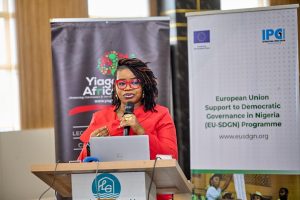
Appointment of New INEC Chairman
Mbamalu also emphasised that credibility, capacity and professionalism must guide the process of appointing the next INEC Chairman.
Dr Qasim Akinreti, Head of Digital Department at the Voice of Nigeria, canvassed for the appointment of a veteran journalist such as Mr. Arogundade, arguing that his media experience, political engagement and human rights activism make him well-suited to lead the electoral body.
He cited historical examples of journalists such as Chief Segun Osoba, the late Bisi Onabanjo and the late Alhaji Lateef Jakande, who demonstrated integrity and effective leadership in governance.
Records show that since 1958, 14 Nigerians have served as electoral body chairmen, with appointees drawn from academia, the judiciary, politics and civil service. The South-South has produced seven chairmen, the South-East three, the North-, and North-Central one, while the South-West has yet to produce any.
Profile Lanre Arogundade
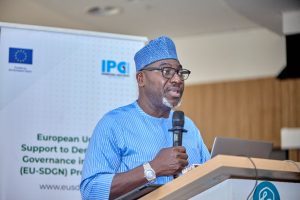
The founding Coordinator and now Executive Director of International Press Center, IPC. Lanre Arogundade has worked across the print, broadcast (Radio) and Online media including the National Concord, Vanguard newspapers, Panos Radio and Voice of America as a journalist. A media development specialist with passion for media professionalism and independence, he is also a media trainer, researcher, advocate for freedom of the press and author of ‘Media and Elections: The Professional Responsibilities of Journalists.
He is a native of Ijebu-Jesa; Osun state, southwest Nigeria and attended University of Ife, now Obafemi Awolowo University, OAU. He was a former President National Association of Nigerian Students, NANS, 1984-85 and Secretary General, 1982-83.
www.ipcng.org
Roll Call of Electoral Chairmen
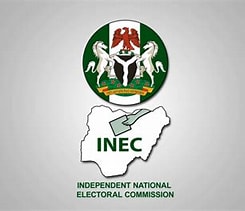
Historical Roll Call of Electoral Chairmen (1958 – 2025)
- Ronald Edward Wraith (1958)
- Eyo Ita Esua (1964–1966), Cross River State (South-South)
- Michael Ani (1976–1979), Cross River State (South-South)
- Justice Victor Ovie-Whisky (1980–1983), Delta State (South-South)
- Professor Eme Awa (1987–1989), Southeast
- Professor Humphrey Nwosu (1989–1993), South-East
- Professor Okon Edet Uya (1993), Akwa Ibom State (South-South)
- Sumner Dagogo-Jack (1994–1998), Rivers State (South-South)
- Justice Ephraim Akpata (1998–2000), Edo State (South-South)
- Dr Abel Guobadia (2000–2005), Edo State (South-South)
- Professor Maurice Iwu (2005–2010), Imo State (South-East)
- Professor Attahiru Jega (2010–2015), Kebbi State (North-West)
- Mrs Amina Bala Zakari (Acting, 2015), Jigawa State (North-West)
- Professor Mahmood Yakubu (2015–present), Kogi State (North-Central)
Read Also UPDATED: INEC Chairmen in Nigeria from 1960 till date – InfomediaNG
Read Also https://nairametrics.com › here-are-the…
Key Recommendations
Yiaga Africa’s publication on electoral integrity outlined eight recommendations:
- Timely conclusion of the electoral legal framework, including electronic transmission of results, early voting, diaspora voting, and establishment of a Political Parties Regulatory Commission.
- Strengthening INEC’s operational and financial autonomy, stakeholder engagement and communications strategy.
- Vigilant civil society monitoring of INEC appointments to prevent partisanship.
- Improved judicial oversight and independence to enhance dispute resolution and restore confidence.
- Institutional safeguards against incumbency abuse and systemic vote buying.
- Inclusion of marginalised groups in governance with concrete policies for representation.
- Stronger electoral security coordination and professionalisation of security forces.
- Safeguards against disinformation, AI misuse and cyber threats to elections.
Media stakeholders vowed to keep electoral reforms in the public spotlight, working with civil society and democratic institutions to strengthen Nigeria’s democracy and restore citizens’ confidence in elections.

